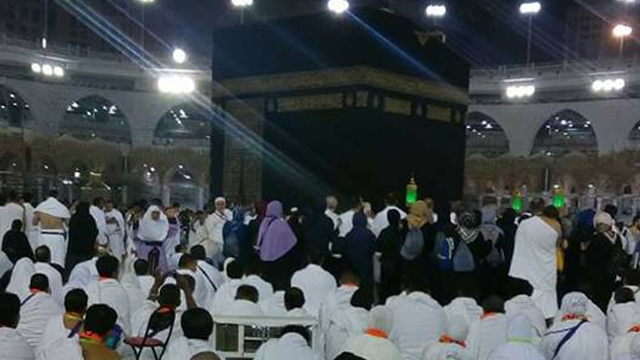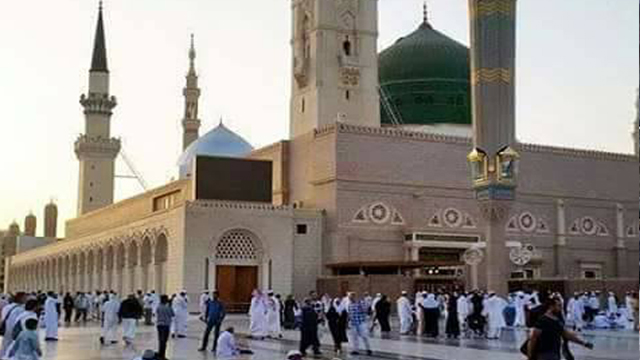Basic Hajj Information
Hajj, as we all are familiar with, is the name given to an Islamic pilgrimage carrying great significance in the lives of Muslims across the globe. Each year, millions of Muslims embark on a journey towards the holy city of Makkah. This is the reason Hajj is renowned for being the largest regular religious gathering on the planet. With unlimited benefits to gain from, the pilgrimage of Hajj unites Muslims of every caste, creed, and color as one entity. Clad in white sheets of ihram, no distinction of superiority is made from one another. All Muslims enjoin in rites and rituals that commemorate the sacrifices offered by Hazrat Ibrahim, Hazrat Ismail and Bibi Hajra. Let’s discover some more basic hajj information about the Islamic pilgrimage.
Is Hajj mandatory on all Muslims in Islam?
The pilgrimage of Hajj is part of the five pillars of Islam. It has been ordained by Allah to be performed at least once in a believer’s lifetime. This makes it mandatory for all physically able and financially affording Muslims to travel to Makkah and perform Hajj.
What are the important dates for the Hajj pilgrimage?
There are a number of significant dates and basic information of the Hajj pilgrimage that carry great importance in the Islamic religion. They include the following:
- Hajj– Muslims perform Hajj in the 12th month of the Islamic colander. This month is known as Zul- Hijjah.
- Day of Arafat– This day is known as the holiest day in Islam. It falls on the 9th Zul-Hijjah. All Muslim pilgrims gather on the plains of Arafat to seek the mercy of their Lord Allah. Other Muslims around the world commemorate this day by observing fast.
- Eid Al-Adha – This day is also called the Festival of Sacrifice. It is celebrated on the 10th of Zul-Hijjah by pilgrims after the completion of Hajj and by all Muslims across the globe. To commemorate the sacrifices offered by the Prophet Ibrahim, Muslims enjoin in on the ritual of sacrificing animals such as goat, sheep or camel.
What does the Hajj symbolize?
We all have heard over the years that Hajj is a significant component of the Islamic religion. However, a common question usually asked is what exactly does the Hajj symbolize? Well, the answer does not relate to one specific thing, but a number of things. These include the following:
- Re-enactment of the life experiences and trials faced by the Prophet Ibrahim-There is no other example in the history of mankind that can parallel with the sacrifices that the Prophet Ibrahim made.
- Lessons taught by the Holy Prophet PBUH- The plain of Arafat is where the Holy Prophet delivered his last sermon. It is here that he preached the proclamation of God as well as announced the completion of his mission of Islam.
- Concepts relating to the unity and equality of mankind- This concept can also be reiterated as the greatest profound message of the Islamic religion. There is no superiority of one believer over the other, be it race, color, creed or social status.
- Reminder for the Day of Judgment- Performing Hajj brings a Muslim believer closer to his Lord. It reminds believers that all Muslims shall be brought forward in front of Allah and judged based on all the deeds they have indulged in throughout their lifetime.
The true essence of Hajj can be defined as the coming of all colors, creeds, and races as one. It is a blessed journey with profound benefits that shall serve mankind in this life and the Hereafter. For this reason, it is the duty of all able Muslims to embark on this pious journey with full devotion and perseverance.


